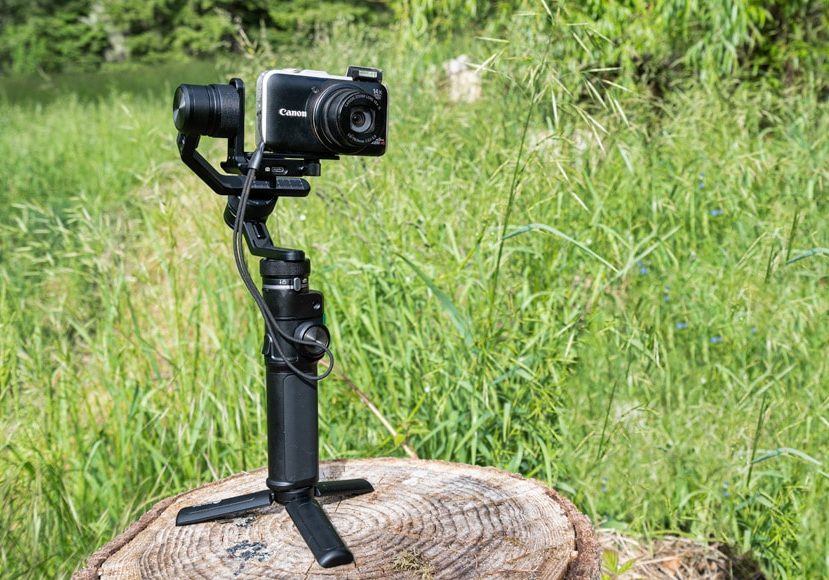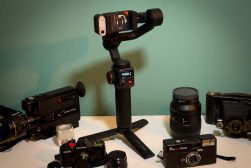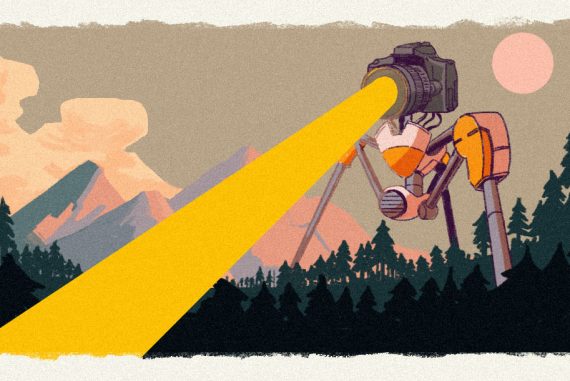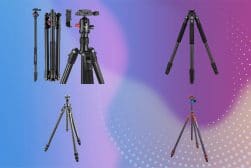
Are camera gimbals worth it? (+ Should You Buy One)
Delivering the stability and lightweight operation you need when getting handheld video footage, camera gimbals are worth investing in for smooth footage.
Delivering the stability and lightweight operation you need when you need smooth handheld video footage, camera gimbals are undoubtedly worth investing in if you’re a professional photographer or videographer.
Keep reading to learn what makes camera gimbals worth it.
Table of Contents
When should I buy a gimbal?
We recommend that any professional videographers or moviemakers should buy a gimbal.
Although there are DIY methods for keeping your camera steady, a gimbal ensures unwavering stability to help you achieve optimum video quality whether on set or shooting outdoors.
Because gimbals exert force to negate external movement, they ensure stability during quick movements that would otherwise result in blurry, subpar footage.
You can easily roll, tilt, and pan with confidence, which is critical for professional photo and video shoots.
Whether you’re a budding filmmaker seeking to make your passion a career or a videographer who works in the film industry, buying a gimbal is a must.
For further reading, you should also check out our guide: How does a camera stabilizer work?
Should I get a gimbal or a tripod?
As noted earlier, we highly recommend a gimbal for industry use. But if you’re on a budget, a tripod may be your best bet for non-professional use, or when movement (other than panning) is not required.
Tripods are fixed to the ground via their 3 legs, and while you can obviously pick them up in a pinch, they’re no match for a dedicated gimbal for filming moving scenes.
Below, we’ll discuss some factors that’ll make choosing between a gimbal or tripod easier:
- Budget — Many state-of-the-art gimbals deliver the best of both worlds with handheld control and clarity during movement, but sometimes for an expensive price. Tripods are a cheaper option.
- Application — If you’re a photographer or videographer by trade, camera gimbals are essential in achieving high-quality, professional-grade footage for concerts, weddings, and more. Without a gimbal, your video or photo quality could suffer.
- Frequency — If you’re not a professional photographer or videographer, a gimbal or a tripod may be an unnecessary expense. But even if you’re just a hobbyist looking to create higher-quality videos and photos, we highly recommend investing in a gimbal, tripod, or both.
- Movement — if the scene you’re shooting requires movement, then a tripod is no longer a relevant tool for getting smooth footage. The only exception is for a panning shot, where tripods with a fluid head allow this type of movement.
Although this article gives a quick overview of gimbals and their benefits, we encourage you to do additional research to learn which types work best for your needs and budget.
You should also check out the industry expert’s take on gimbals and their importance in the video above.














